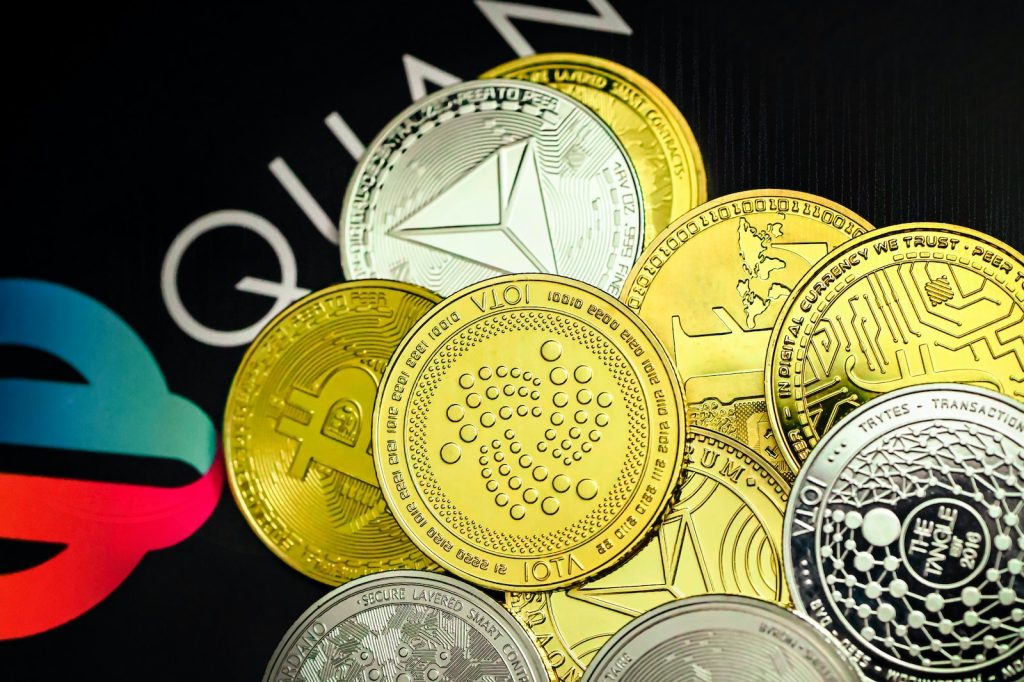As the autumn leaves descend gently to the ground, it’s time to brew a cup of warm coffee and delve into the perplexing world of financial decision-making. Nestled within this complexity lies a crucial intersection that often goes unnoticed, overshadowed by the allure of lucrative investments and the scramble for financial stability. Yes, you guessed it right! We’re about to embark on an intriguing journey to unravel the subtle relationship between financial literacy and ethical financial decisions.

Imagine this scenario: You’re strolling down the bustling streets of a metropolitan city, armed with a credit card that feels like a magic wand, ready to conjure any material desire into reality. The flashy displays and the irresistible sales promotions beckon, whispering sweet promises of satisfaction. In this moment, the clash between financial literacy and ethical decisions becomes palpable.
Financial literacy, often misconstrued as a dull set of guidelines and terminologies, is the bedrock upon which ethical financial decisions are built. It encompasses not just the ability to balance a checkbook or comprehend interest rates but also the sagacity to navigate the intricate labyrinth of personal finance while keeping the moral compass intact.
Let’s delve deeper into the intertwining relationship between financial literacy and ethical financial decisions, discovering the secret ingredients that create a recipe for responsible fiscal conduct.
Understanding the Roots of Financial Literacy
Financial literacy, as elusive as a chameleon in a rainforest, has always been an essential life skill. It’s more than just comprehending the difference between stocks and bonds or decoding the complexities of the Dow Jones Industrial Average. At its core, it’s about mastering the art of prudent money management, understanding the consequences of financial decisions, and developing a resilient financial plan.
While the concept may seem daunting, integrating it into our lives can be as natural as savoring a warm slice of apple pie. It begins with the basics – budgeting, saving, investing, and comprehending the nuances of debt. Only when we understand the fundamentals can we aim for the ethically responsible path.
The Ethical Odyssey of Financial Decision-Making
Picture this: You’re browsing through an online store, tempted by a seductive flash sale that promises hefty discounts on luxurious goods. The heart races, the fingers itch to click that ‘Buy Now’ button, and yet, a tiny voice in your head whispers about the environmental repercussions of impulsive consumerism.
Ethical financial decisions, akin to a moral rudder steering our financial ship, involve contemplating the broader impacts of our monetary choices. It’s not merely about the profitability of investments or the allure of conspicuous consumption but about ensuring that our financial pursuits align with our values and contribute positively to society.
Consider the case of environmentally conscious investing. A financially literate individual, armed with the knowledge of sustainable investing, might opt for companies focused on renewable energy or eco-friendly practices, fostering a greener tomorrow while securing financial gains. This illustrates how financial literacy can empower individuals to make ethical choices that transcend the boundaries of personal gain, leaving a positive footprint on the planet.
The Ethical Pitfalls of Financial Illiteracy
Ah, the perils of financial illiteracy! It’s akin to embarking on a perilous voyage without a compass, a recipe for disaster waiting to unfold. In the absence of financial literacy, ethical financial decisions often dwindle into the shadows, overshadowed by impulsive spending, mounting debts, and investments devoid of a moral compass.
Consider the classic case of predatory lending. A financially illiterate individual, unaware of the intricacies of interest rates and repayment terms, might fall prey to the enticing yet unethical schemes of unscrupulous lenders. The repercussions, as we’ve witnessed through the annals of financial history, are often catastrophic, leading to a cycle of debt and financial despair.
In the absence of financial literacy, ethical considerations are easily overlooked, leading to a myopic pursuit of immediate gratification at the expense of long-term financial well-being. Thus, the synergy between financial literacy and ethical decision-making becomes all the more evident in steering clear of such pitfalls.

Empowering the Future: Educational Initiatives and Ethical Enlightenment
As the sun sets on the horizon, painting the sky in a tapestry of vibrant hues, it’s crucial to contemplate the ways in which we can empower the generations to come. Education, both formal and informal, plays a pivotal role in nurturing a generation that not only understands the intricacies of finance but also recognizes the ethical dimensions embedded within.
Educational initiatives aimed at promoting financial literacy, starting from elementary school and extending to higher education, can equip individuals with the tools to make informed, ethical decisions. Integrating practical financial management skills into the curriculum, along with discussions on ethical financial dilemmas, can shape conscientious citizens capable of navigating the complex financial landscape with integrity and prudence.
Moreover, community-based programs, workshops, and online resources can serve as beacons of knowledge, illuminating the path towards financial literacy and ethical enlightenment. Workshops that elucidate the ethical implications of financial decisions, coupled with practical demonstrations of financial planning and investment strategies, can cultivate a generation that not only thrives financially but also contributes to the greater good of society.
In Conclusion: Where Financial Wisdom Meets Ethical Enlightenment
As we conclude our expedition through the intriguing juncture of financial literacy and ethical financial decisions, it’s imperative to recognize the symbiotic relationship that binds the two. Financial literacy serves as the compass, guiding us through the convoluted terrains of personal finance, while ethical considerations emerge as the true north, directing our choices towards a path of integrity and societal responsibility.
Remember, the journey towards financial wisdom and ethical enlightenment is not a solitary pursuit but a collective endeavor, fueled by a thirst for knowledge, a penchant for responsible conduct, and a desire to leave a positive legacy for the generations to come. So, let’s raise our glasses to a future where financial literacy and ethical financial decisions dance hand in hand, weaving a tapestry of prosperity and conscience.
In the words of the wise Benjamin Franklin, “An investment in knowledge pays the best interest.” Let’s invest in both financial wisdom and ethical consciousness to foster a world where our financial decisions not only secure our future but also contribute to a brighter, more equitable tomorrow.

































